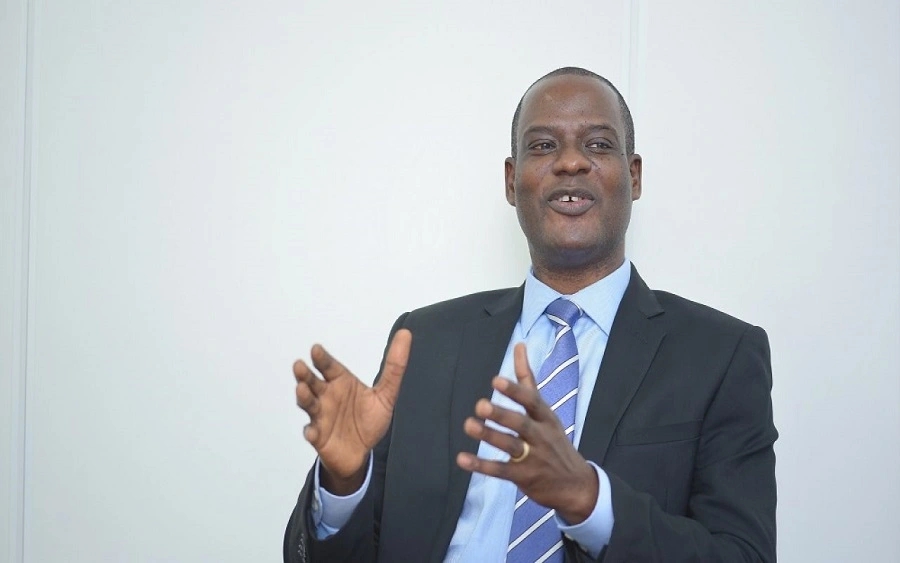The Fiscal Policy Partner and Africa Tax Lead at PwC, Mr. Taiwo Oyedele, has said that encouraging Nigerians to use e-payment channels for transactions may not necessarily address the current scarcity of naira notes in circulation until the government makes e-payment easier and safer for the people.
According to him, many countries that have embraced electronic payments and minimal use of cash are doing so not because their currencies are scarce or to avoid penalties. Instead, they do so because their economies run on credit even as e-payment is more convenient, safer, and incentivized than cash.
Many countries embrace electronic payments and minimal use of cash not because their currencies are scarce, or they do so to avoid penalties but because their economies run on credit and e-payment is more convenient, safer and incentivised than cash.
…#naira #cbn #cashless pic.twitter.com/WyC9tQtlZH
— Taiwo Oyedele (@taiwoyedele) January 29, 2023
Sharing his thoughts in a Twitter thread, Oyedele suggested that a more effective strategy by the Central Bank of Nigeria (CBN) would be to make e-payments easy and attractive. He said the apex bank would also need to supply as many naira notes as necessary and leverage intelligence to identify and punish criminals with illicit funds.
Currency circulation: While noting that the amount of currency in circulation before the naira redesign was not the problem in Nigeria, Oyedele said:
- “As it turns out, Nigeria has one of the lowest amounts of currencies in circulation relative to GDP or per capita of N15,200 (about $34) compared to the U.S. at $6,700 per capita, the UK at £1,200 per capita and the Eurozone at €3,600 per capita.
- “Even if we consider the US dollar as a global currency, America has more dollars printed per person on earth ($280) than the amount of Naira per Nigerian citizen ($34).
- “Therefore, the real problem with naira in circulation is the illicit cash in the hands of corrupt persons and other criminals which is best tracked and controlled through financial intelligence than currency restriction or scarcity.”
Illicit funds everywhere: Oyedele noted that significant illicit funds exist within the banking system while much more is laundered in various assets especially real estate which are not hidden in septic tanks yet not enough is being done by the government to deal with the problem.
- “If we haven’t done enough to fight financial crimes in plain sight, it will be difficult to convince the people to make any sacrifice and endure some pains in the hope that they are doing so to enable the government to fight crimes aided by physical cash,” he added.
With the redesigning of N1000, N500, and N200 naira notes, many Nigerians are finding it very difficult to lay their hands on the new notes even as banks are not loading their ATMs with cash. The CBN has also said one of the objectives of the redesigning was to limit the amount of cash in circulation and encourage more Nigerians to go cashless.
